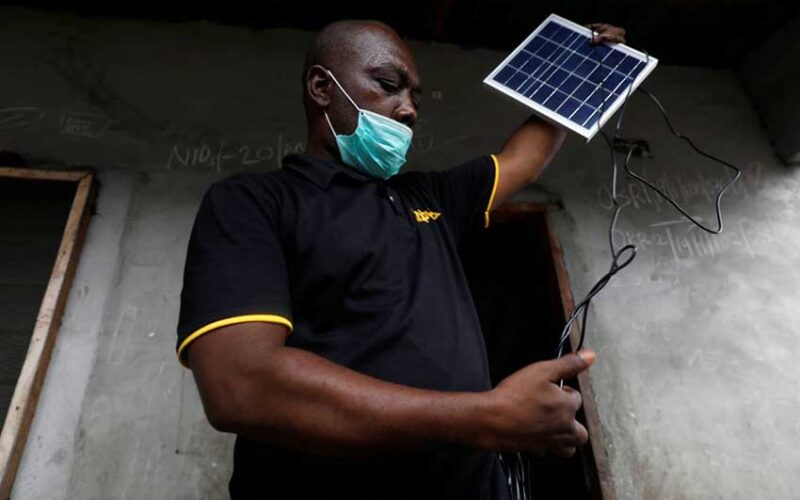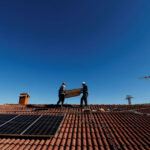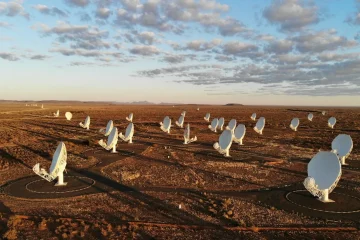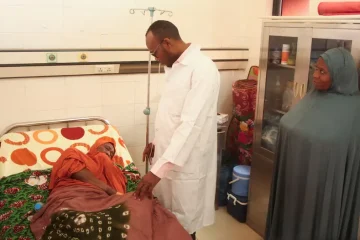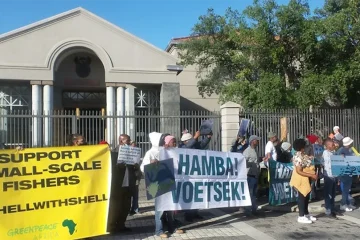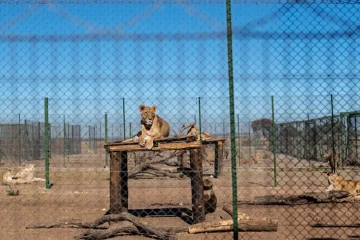LAURIE GOERING
A generation of young activists eager to set the agenda on global warming and clean energy should seek government jobs as a way to get lagging climate and energy goals back on track, a top U.N. energy official said on Tuesday.
“We can’t keep doing things from outside,” Damilola Ogunbiyi, co-chair of U.N. Energy and chief executive of Sustainable Energy for All (SEforAll), told an online youth summit on achieving universal clean energy access.
With the world falling behind on goals to bring clean, affordable energy to billions more people by 2030, “changing the minds of leaders has to happen inside and outside government”, said Ogunbiyi, a former Nigerian rural electrification director.
Amina J. Mohammed, U.N. deputy secretary-general, said nearly 790 million people around the world still lack access to any source of electricity, and 2.8 billion continue to risk their health by cooking with dirty fuels.
About a quarter of Africa’s health facilities also lack access to electricity – a major problem as health officials try to roll out coronavirus vaccines, many of which need refrigeration, she told the summit.
Worst, even as governments plan trillions of dollars in pandemic stimulus spending, both rich and poor governments continue to pour too much cash into polluting fossil fuels that drive climate change, she said.
“Most governments continue to build a polluting economy. This is unacceptable,” said Mohammed, a former Nigerian environment minister.
Ogunbiyi said the rapid development of a COVID-19 vaccine showed the world can act swiftly to meet global challenges, but that investment in energy access was now also needed to make sure the vaccine reached everyone.
Putting money into expanding the use of clean energy, besides helping deliver vaccines, could open up job possibilities for Africa’s huge number of young people, she said at the SEforAll-organized youth summit.
Particularly important, she said, is providing “productive” levels of energy – not just enough to power lights and phones but to run job-creating businesses.
CHEAPER OPTION
Vanessa Nakate, a young climate activist from Uganda, said schools she has been working to outfit with solar power and cleaner cooking methods are usually eager to make the change, but often lack the upfront cash for solar panels or batteries.
Bringing down prices – and finding the means of financing the switch – is key to scaling up use of clean energy systems in Africa, she said.
“People love a cheaper alternative, so making it more affordable is good,” she said, noting that once the systems are in place “in the long run it’s actually a cheaper option”.
Wenhao Sun, a Chinese student at Columbia University in New York, said one source of finance might be millennials concerned about climate change who are eager to put their green ideals into practice.
Many want to invest in clean power and other efforts to curb planetary heating but “lots of people don’t know how to do it”, he said.
Ana Sophia Mifsud, who works at the U.S.-based Rocky Mountain Institute, helping cities and states develop carbon-free buildings, said it was crucial to overcome views that switching to clean energy required painful sacrifices.
“The reality is we don’t have to choose, often, between increasing our economic standards or mitigating climate change. We have the technology today to do both and we should do both,” she said in an online panel.

